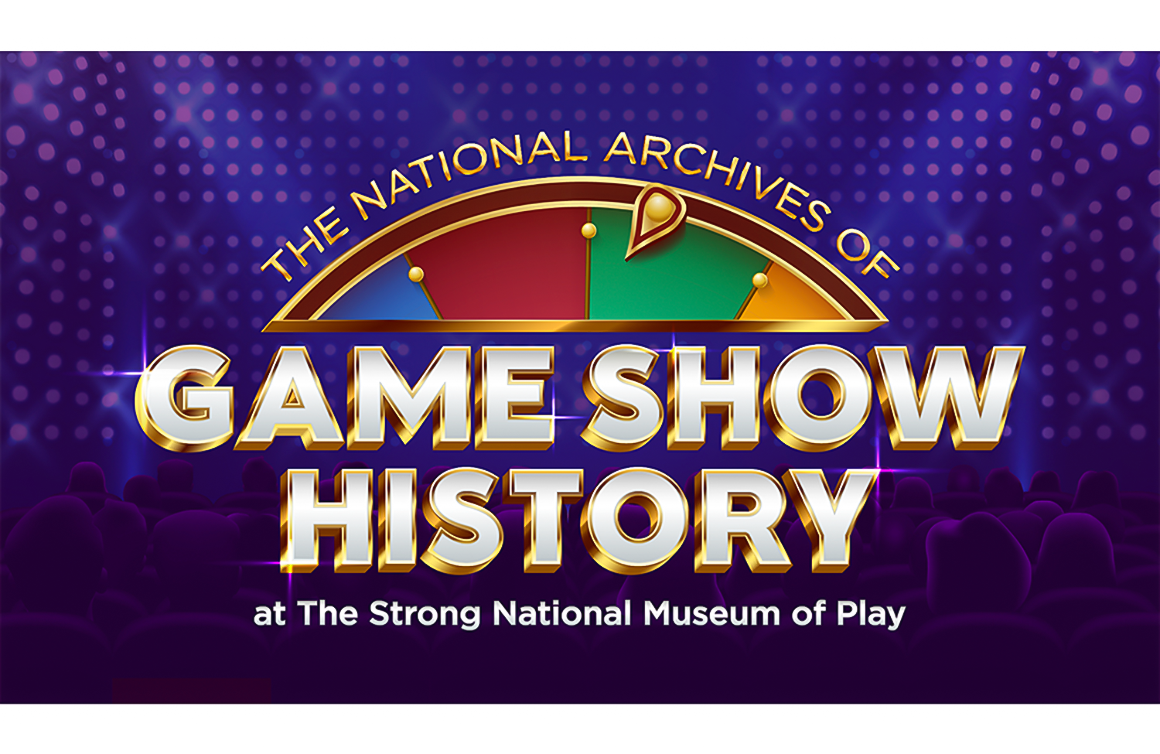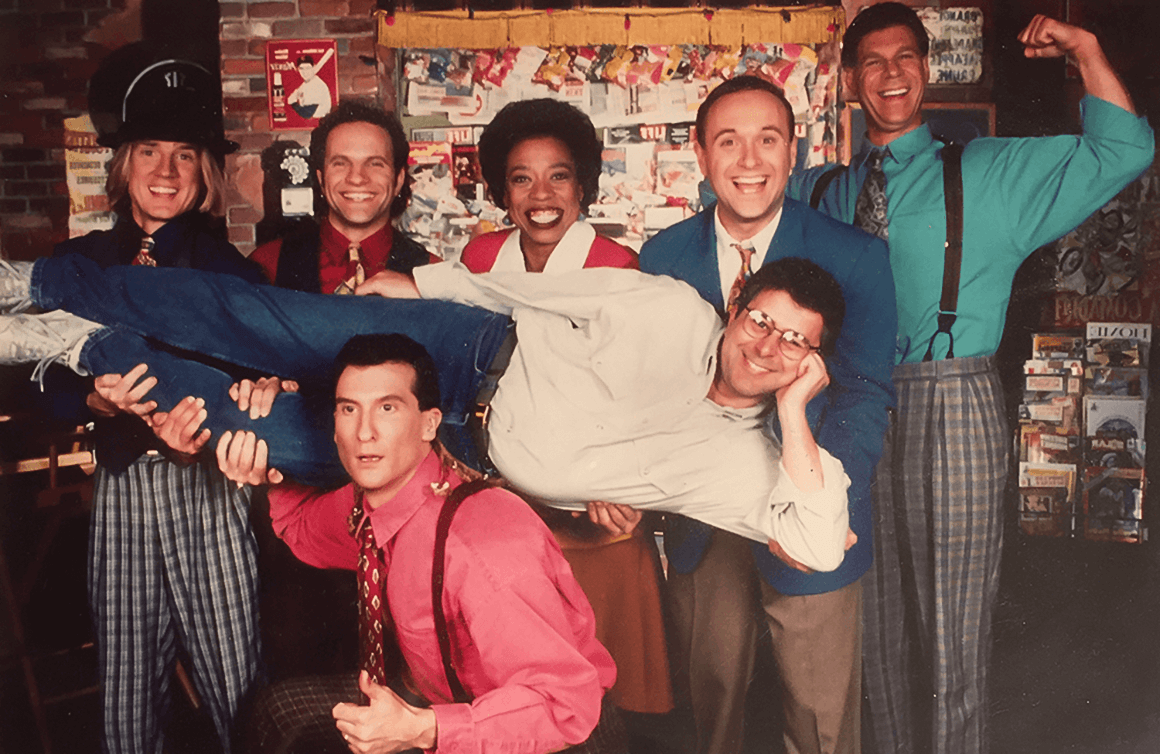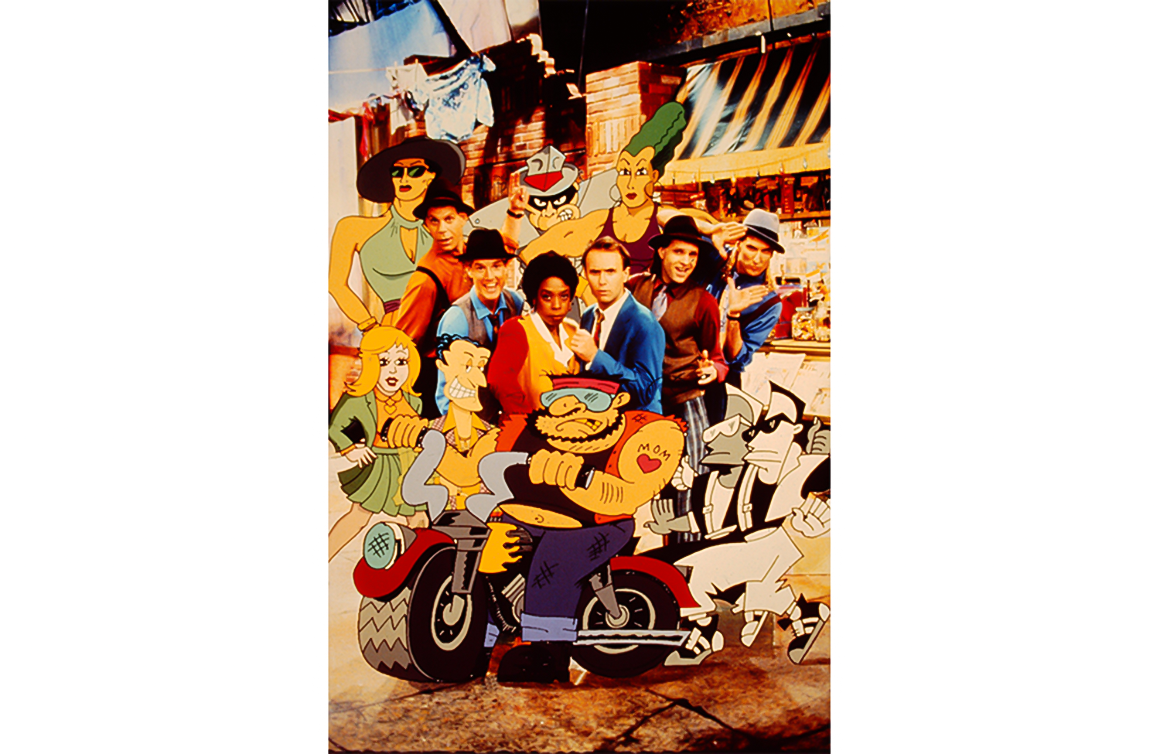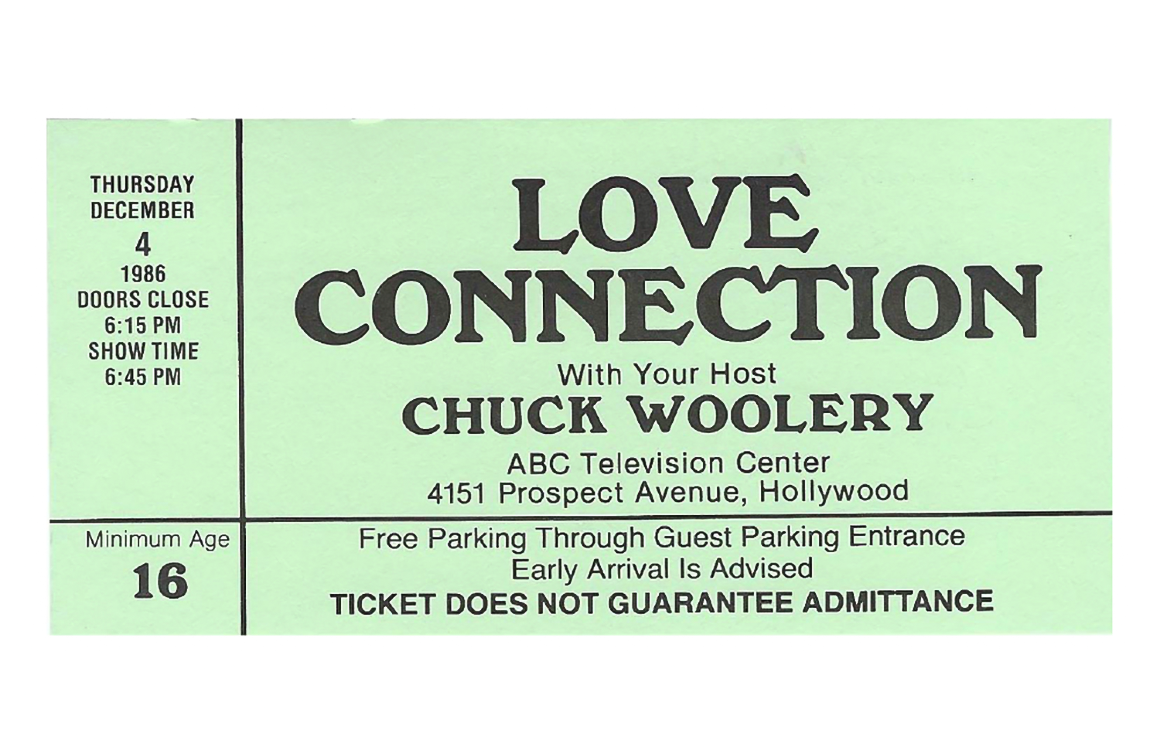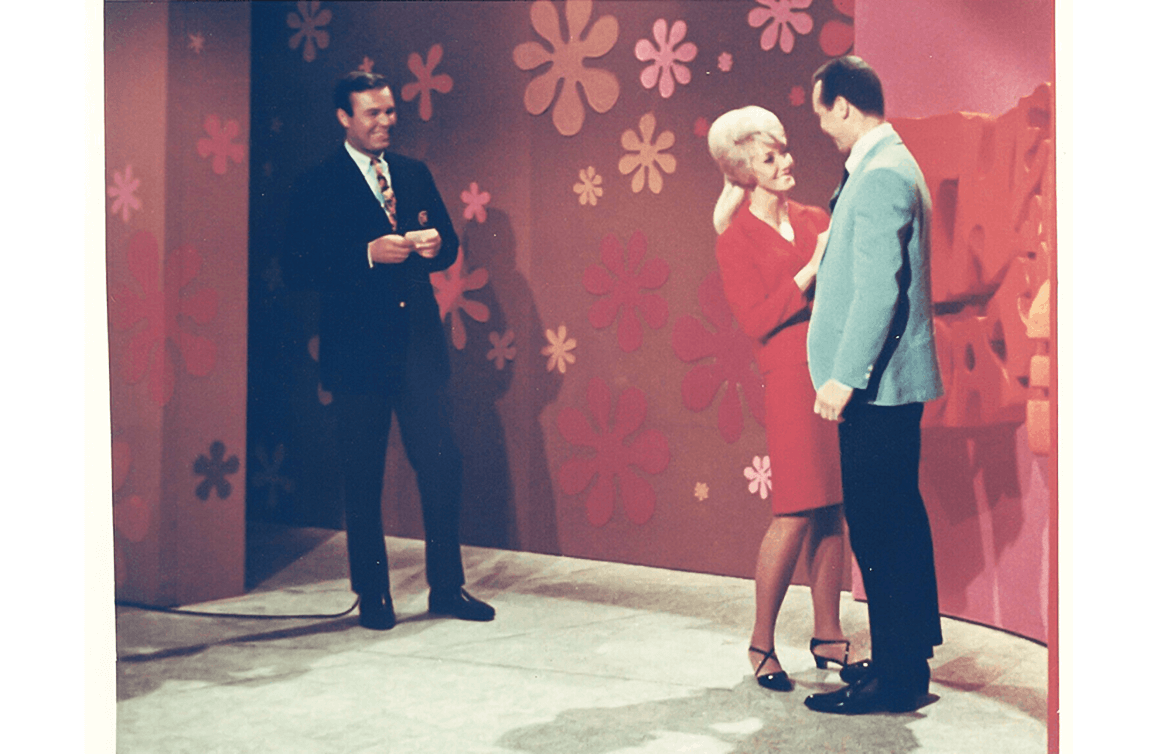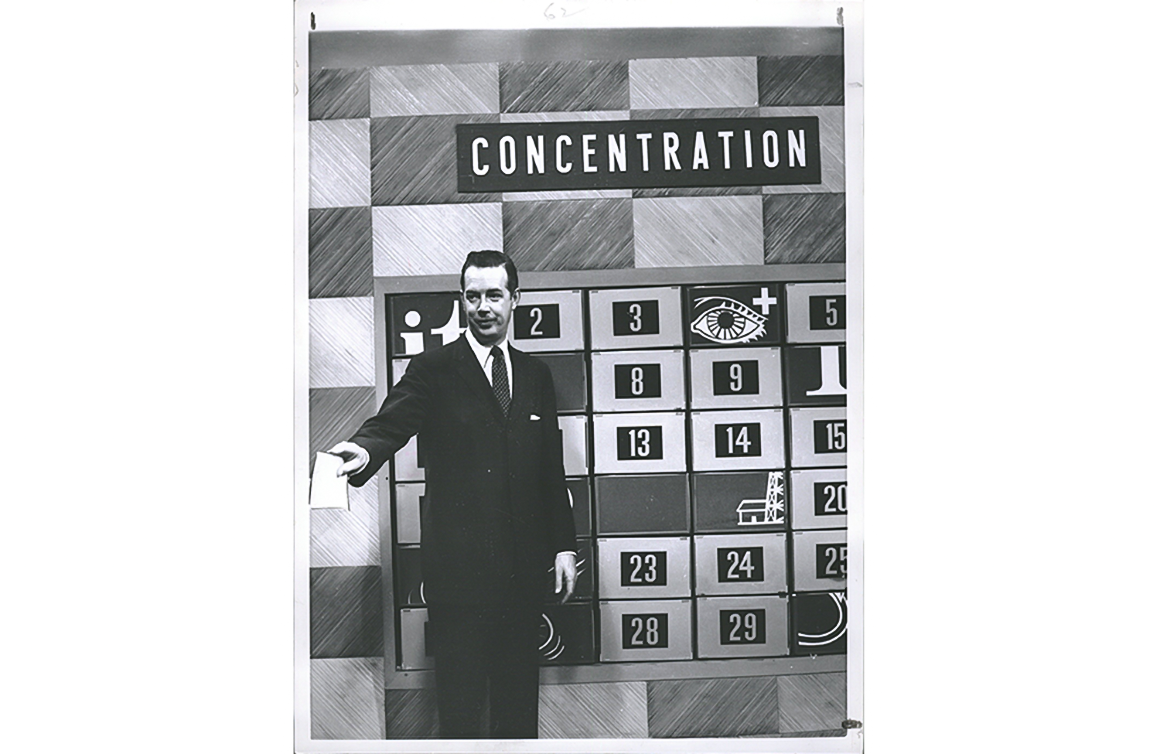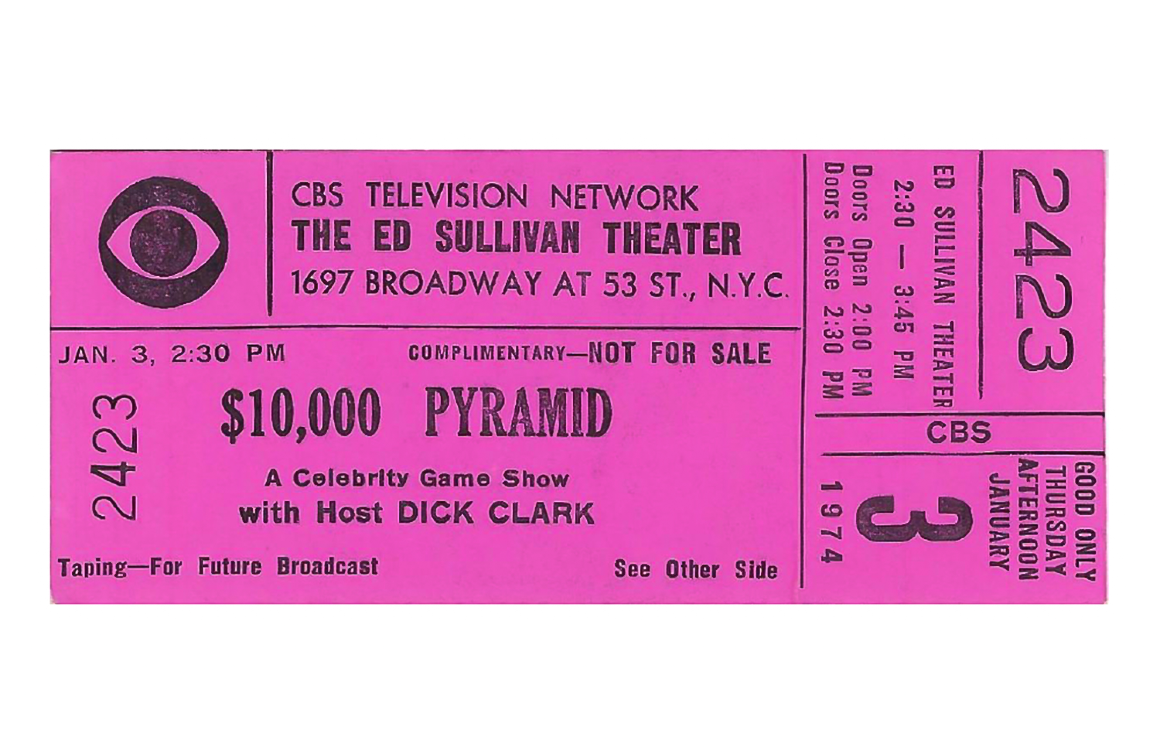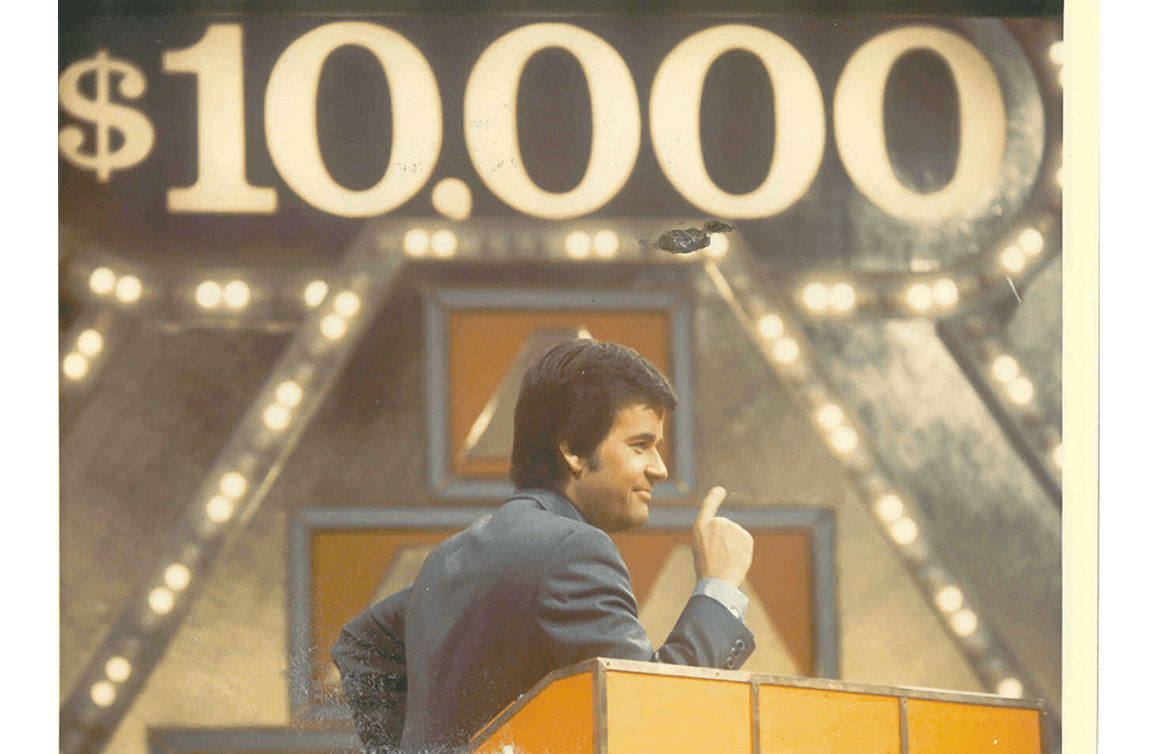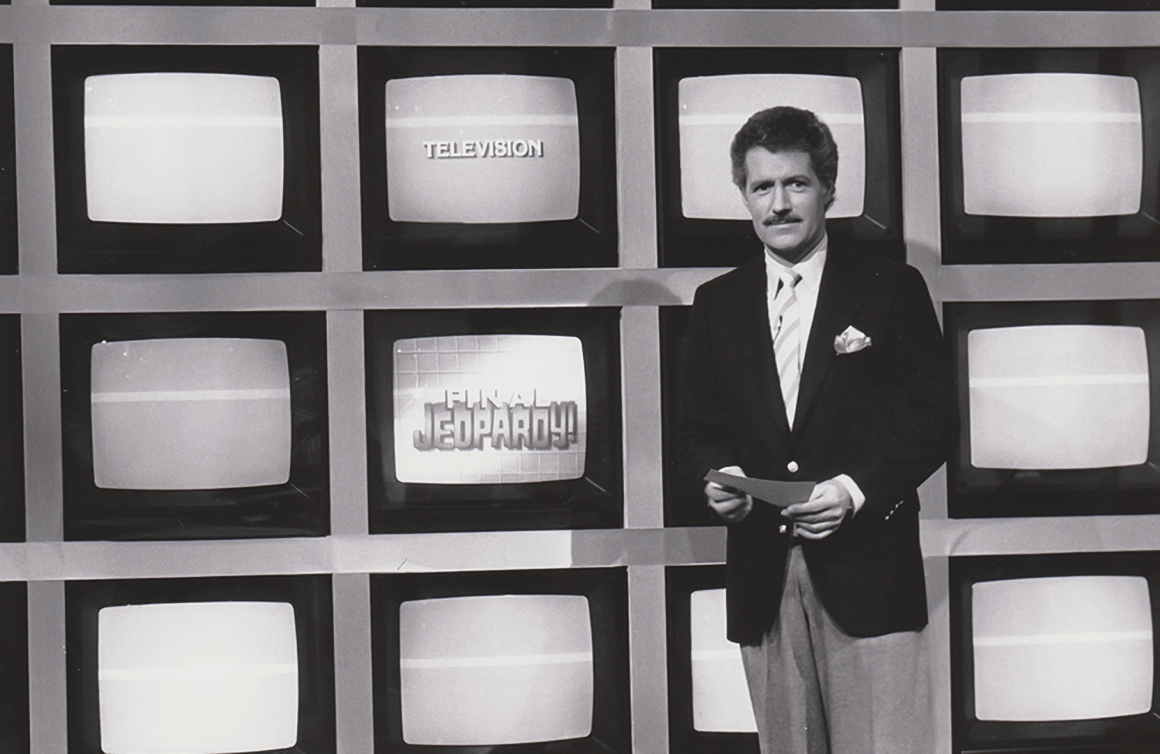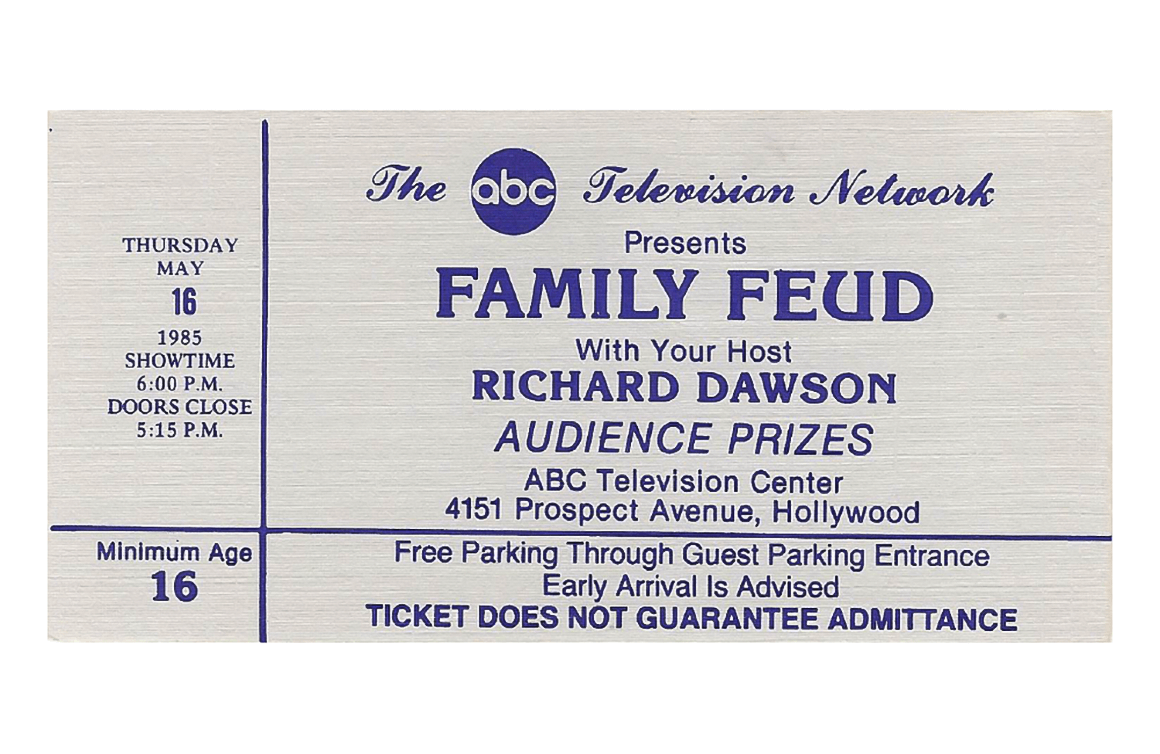How did the idea of creating a dedicated archive of game-show history originate?
In the summer of 2020, The Strong museum was approached by two veterans of the game show industry, Howard Blumenthal and Bob Boden, about the possibility of creating a research repository for the stories and materials that would document game shows and their evolution over nearly a century. Howard and Bob were concerned that, with key people from the business advancing in age, there was the potential for losing crucial evidence and firsthand accounts. With their vast experience and extensive personal connections, we couldn’t imagine better co-founders for what we eventually named the National Archives of Game Show History.

What will be included in the archives?
While the hosts of game shows have had considerable visibility across the years, the archives are dedicated to telling the backstage stories of the multitude of people and skills it takes to produce each show. Types of materials we’re looking for include program development documents, program proposals, pilot and production scripts, materials related to hosts and players, scenic plans, renderings, construction drawings, materials related to music and sound effects, show rundowns, shell scripts, director’s notes, network notes, edit notes, publicity materials, and associated physical materials such as costume designs, props, graphics, and more. We’re also getting offers of items that document the experiences of members of the studio audience. And of course, we’d love artifacts with extra zing, such as signature elements from game show sets.

Game shows have consistently been part of popular culture since they first started airing on radio and television in the late 1930s. What gives them such lasting appeal?
I think there’s an element of “I could do that!” or “I could do that better!” when viewers watch game-show contestants. Everyone knows sports fans yell at the TV set, but that’s nothing compared to the answers shouted out in family rooms everywhere during game shows, or the eye rolls when contestants bungle the painfully obvious. It’s an interactive experience that feels continually refreshed by a new challenge, a new leading contestant, a new day. There’s also the comfortable quality of consistent rules and parameters so that viewers have a reliable experience to settle into.

Do game shows reflect the times in which they are produced?
In style and substance, game shows often reveal their eras and the mindset of popular culture at the time. I immediately think of The Dating Game from my childhood in the 1960s. To a kid, it seemed kind of racy and would never have made it on the air in the staid 1950s. Then again, in 2021, that show would seem pretty quaint. Through the years, there’s been an escalation of physical challenges as thresholds for what’s funny or appropriate have shifted.

How does the National Archives of Game Show History complement the mandate of The Strong?
The Strong’s status as the National Museum of Play makes all forms of play our territory, and game shows are exceptionally playful cultural products. With tens of thousands of tabletop games and video games in The Strong’s collection, it made total sense for us to document this other highly successful and enduring combination of art form and commercial product. And, no one else was committed to preserving, interpreting, and ultimately exhibiting the history of game shows.

It’s still early days, but can you give us insight into when the launch will take place and what might be included in the opening ceremony?
I’m a little hazy on precisely what a public launch of the archives will look like, especially since The Strong just broke ground in April 2021 on a 90,000-square-foot expansion to the museum with galleries dedicated to the history of video games. That project is scheduled for completion in the summer of 2023, so there’s a lot of work to be done between now and then. Meanwhile, we’re going to be amassing what I know will be a great collection of artifacts, documents, and visual representation of game shows in all their permutations.
Eventually, I’d love to see an exhibit here in Rochester—and maybe even traveling across North America—that lets people feel like they’ve stepped into iconic game shows and gives them a sense of the diverse, dedicated, and talented people who’ve made those shows possible over the decades. If that happens, everybody will be a winner!

Visit The Strong online for more information about its exhibits, educational programming, research facilities, and preservation work.


